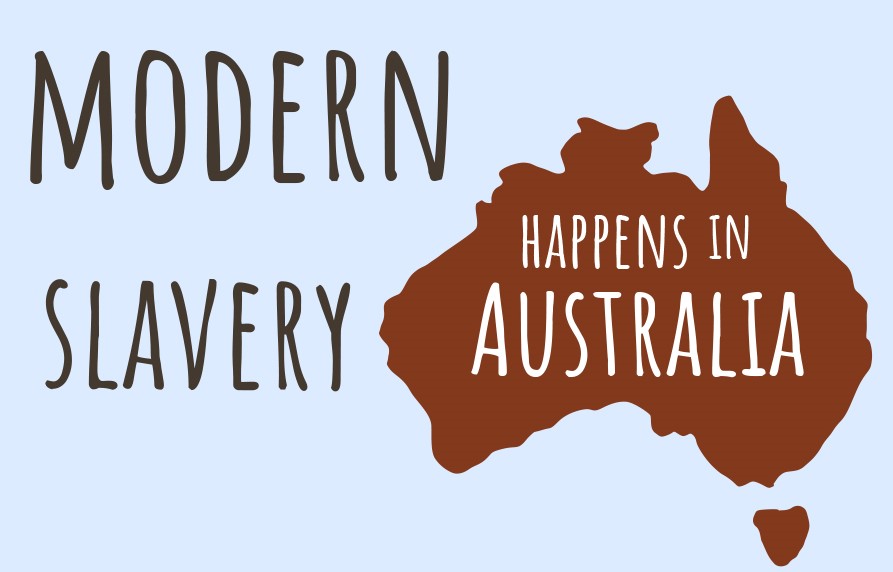Anti-Slavery Australia is delighted to announce funding of three research grants to drive greater academic anti-slavery inquiry and research. These research grants are part of Anti-Slavery Australia’s strategy to enhance understanding of modern slavery in order to better respond to the needs of survivors and work towards abolition of this human rights violation. The longer term aim of this funding is to develop an anti-slavery research hub within the Faculty of Law at the University of Technology, Sydney.
Vulnerability of temporary migrants to modern slavery
Dr Laurie Berg joined the University of Technology Sydney Faculty of Law in 2009 and is the author of the first book on the regulation of temporary labour migration in Australia. Dr Berg will be leading research into how visa settings contribute to vulnerability of temporary migrants to modern slavery, with a specific focus on international students in Australia. Drawing on new analyses of large datasets of more than 12,000 international students’ responses to surveys in 2016, 2019 and 2020, the project will consider visa-related barriers to students reporting exploitative working conditions including where their perceptions of their own culpability in the exploitation cause them to fear visa cancellation. By exploring the impact of visa settings on vulnerability to exploitation, evidence-based policy recommendations can be made to reduce this risk.
The right to housing and better protection of survivors of modern slavery
Dr Jessie Hohmann joined UTS Faculty of Law as Associate Professor in 2019 and is an internationally recognised expert on the right to housing in international law. Dr Hohmann will research responses to modern slavery within a social rights frame with a specific focus on the right to housing. In moving beyond the criminal justice focus that dominates current policy responses, the research recognises the central importance of safe, secure and dignified housing in preventing and remedying modern slavery, particularly in cases of forced marriage and domestic servitude. The research will contribute to policy and debate on the ways that a right to housing could better protect the victims of modern slavery, at the same time that it addresses some of the vulnerabilities to, and ‘push factors’ into modern slavery (such as poverty, gender, and the inability to secure adequate housing).
Disability segregated employment and modern slavery
Dr Linda Steele is a socio-legal researcher working at the intersections of disability, law and social justice. She has been researching disability law and social issues for over a decade, having previously been a solicitor with the Intellectual Disability Rights Service. Dr. Steele’s research will contribute to the debate on disability segregated employment in Australia as a form of forced labour or modern slavery. In the wake of a Royal Commission on violence, abuse, neglect and exploitation of people with disability, this project expects to generate new understandings of the legal and political utility of framing Australian Disability Enterprises or ‘ADEs’ as forced labour or modern slavery, and develop research and advocacy connections across the disability rights and anti-slavery advocacy communities. It is expected that increased awareness can lead to new strategies for achieving justice, enhanced wellbeing and equality for people with disability.
We welcome these esteemed researchers to Anti-Slavery Australia confident that their research has the potential to transform the way that we conceptualise victim support.
